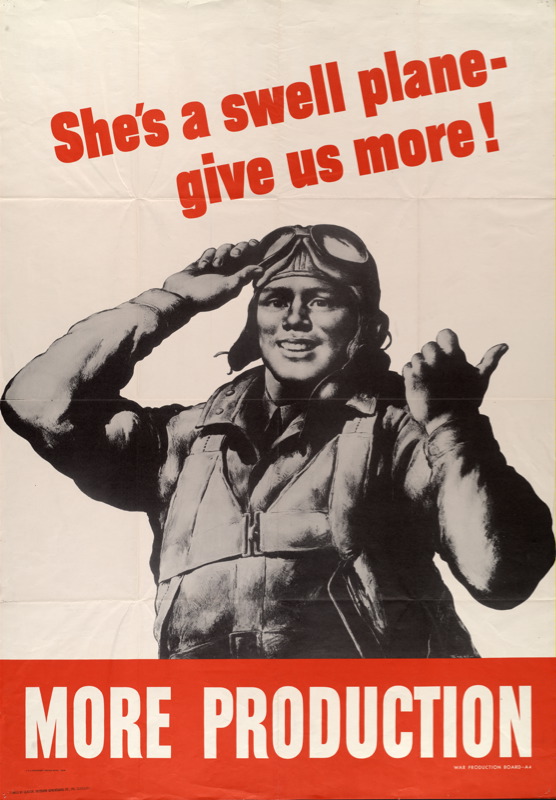|
|||||||||||||
Here are my answers to the questions.
I suppose you are referring here to the studies on economic freedom. The parameters used have nothing to do with dictatorships or despotism. They are related to... economic factors, naturally, such as level of taxation, monetary policy, barriers to entry, protection of property rights, etc. As for being vague, measuring things like economic freedom requires a degree of selection of importances - what factors are more important and which ones are less important. This is why the studies return slightly different results. But the general point remains the same - economic freedom is proportional to prosperity.
You are trying to dissociate "the wealth they produce" from "corporate profits". But the only way to measure "the wealth they produce" is to examine profits. Without the results of the market, there is no way to appraise the value of goods. And indeed this was a problem for Communist countries as well.
I have already pointed out the fallacy in the preceding answer. As for the underlying premise... As I explained in my case, a system which only benefits the extremely rich cannot exist in a free society, because all trade in a free society is beneficial both ways. All parties involved are free to seek their own interest. Each worker, barring human error, is paid to the proportion of profits that his production returns to the company (or whatever organization he is a part of). Any other system would be sub-optimal, and thus would not survive the rigors of the market.
This is an argument that always astonishes me. Have you even thought about what this implies ? Why would someone produce something and then destroy it to keep prices down, instead of simply NOT producing it ? Asking this question is to stretch the limits of credulity. As for your point on OPEC. The OPEC is a cartel. Like all cartels, it seeks to drive up rarity. If there is no profit to be made by freeing oneself from the cartel and selling the products at a lower price, then the cartel will remain intact. Otherwise, it will break up. These are basic economic principles which no doubt have not escaped you.
You are talking about interest group politics, not capitalism. I refer you here to the examination of social dynamics I present in my case. In a capitalist system, there is no interest in "corrupting the government" since the government does not have the power to redistribute resources in their favour. In a centrist system, interest group politics subsist because it is in the interest of individual to pool their resources in order to try to influence the government into redistributing resources in their favour. Thus the problem of social warfare, as I have explained. I will now let Mr. Punkerslut elaborate on his negative case.
|



